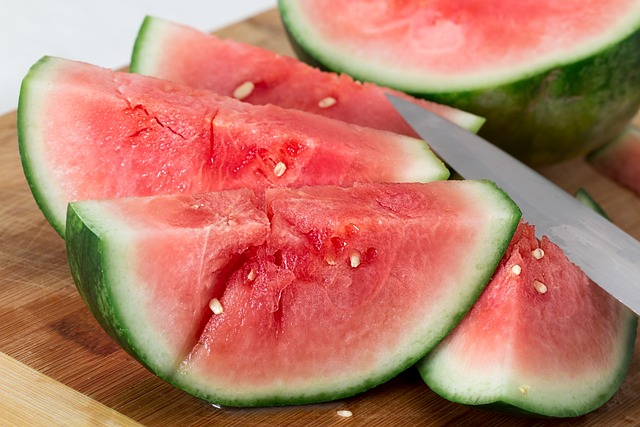From Yogurt to Kombucha: Exploring Different Probiotic Sources
Probiotics have gained immense popularity in recent years due to their potential health benefits. These live bacteria and yeasts are known to improve digestion, boost the immune system, and promote overall gut health.
While yogurt has long been touted as a rich source of probiotics, there are several other lesser-known probiotic sources worth exploring. Let’s delve into some of these diverse sources and uncover their unique benefits.
1. Kefir
Kefir, a fermented milk drink, is an excellent probiotic source. Originating from the Caucasus Mountains, kefir contains a variety of beneficial bacteria and yeast. It is known to be more potent than yogurt in terms of probiotic content.
The live microorganisms present in kefir can aid in enhancing digestion, alleviating lactose intolerance, and improving intestinal health. Regular consumption of kefir may also help reduce the risk of certain diseases and improve overall immune function.
2. Sauerkraut
Sauerkraut, made from fermented cabbage, is another probiotic-rich food. The fermentation process involves lactic acid bacteria, which convert the natural sugars present in cabbage into lactic acid.
Aside from being a great source of probiotics, sauerkraut is also packed with essential vitamins and minerals. It can promote healthy digestion, support immune function, and contribute to heart health. Additionally, sauerkraut contains antioxidants that help fight against harmful free radicals.
3. Kimchi
Hailing from Korea, kimchi is a traditional fermented dish made primarily from cabbage and various spices. It is known for its blend of delicious flavors and probiotic properties.
Kimchi contains the Lactobacillus bacteria, which promotes gut health and strengthens the immune system. Additionally, it is rich in vitamins A, B, and C, as well as antioxidants. Regular consumption of kimchi has been associated with improved digestion, weight management, and even reduced inflammation.
4. Kombucha
Kombucha, a fizzy fermented tea, has gained popularity as a refreshing and probiotic-packed beverage. It is made by fermenting black or green tea with a symbiotic culture of bacteria and yeast (SCOBY).
Kombucha is rich in probiotics, organic acids, B-vitamins, and enzymes. It aids in digestion, supports immune function, and contributes to liver detoxification. Moreover, kombucha’s antioxidant properties help protect the body against oxidative stress caused by free radicals.
5. Miso
Miso, a traditional Japanese seasoning, is created by fermenting soybeans with salt and a fungus called Aspergillus oryzae. This fermentation process yields a paste that is rich in probiotics, vitamins, and minerals.
Regular consumption of miso can improve gut health, enhance digestion, and boost the immune system. The unique combination of nutrients in miso provides numerous health benefits, including protection against certain chronic diseases and reduction of inflammation.
As we explore the world of probiotics, it becomes evident that there are numerous sources beyond yogurt. Incorporating a variety of probiotic-rich foods like kefir, sauerkraut, kimchi, kombucha, and miso into our diets can provide a well-rounded and diverse probiotic intake.
However, it is essential to note that not all probiotic sources are created equal. The quality and viability of live organisms can vary, so it’s crucial to choose reputable brands and products to ensure maximum health benefits.
In conclusion,
Whether you prefer dairy-based or plant-based sources, there are numerous options available to incorporate probiotics into your diet. From the tangy goodness of kefir and sauerkraut to the invigorating taste of kombucha, these probiotic sources offer a range of flavors to satisfy various palates.
Experiment with different probiotic-rich foods and enjoy the benefits of improved digestion, enhanced immune function, and overall better gut health. Embrace the diversity of probiotics and take a step towards a healthier lifestyle!







